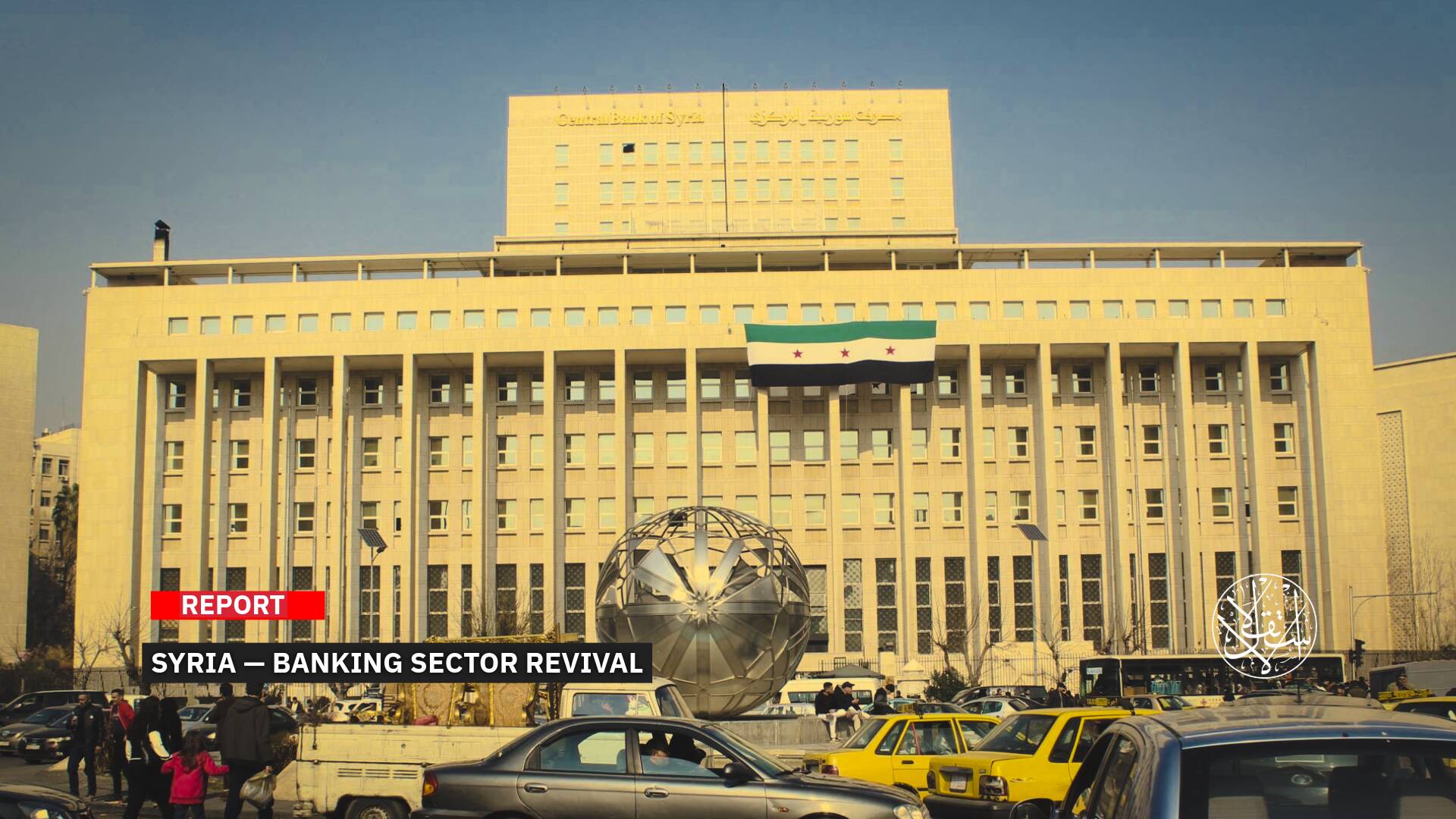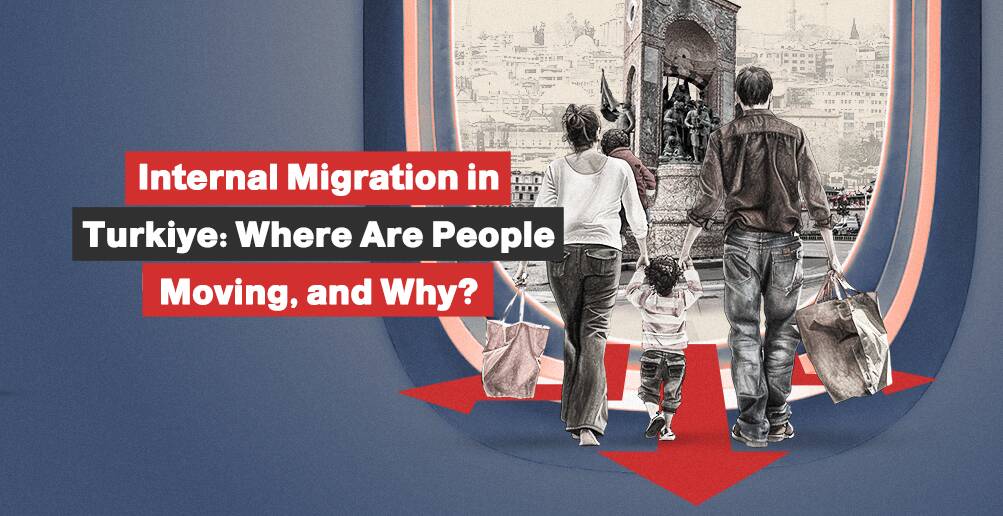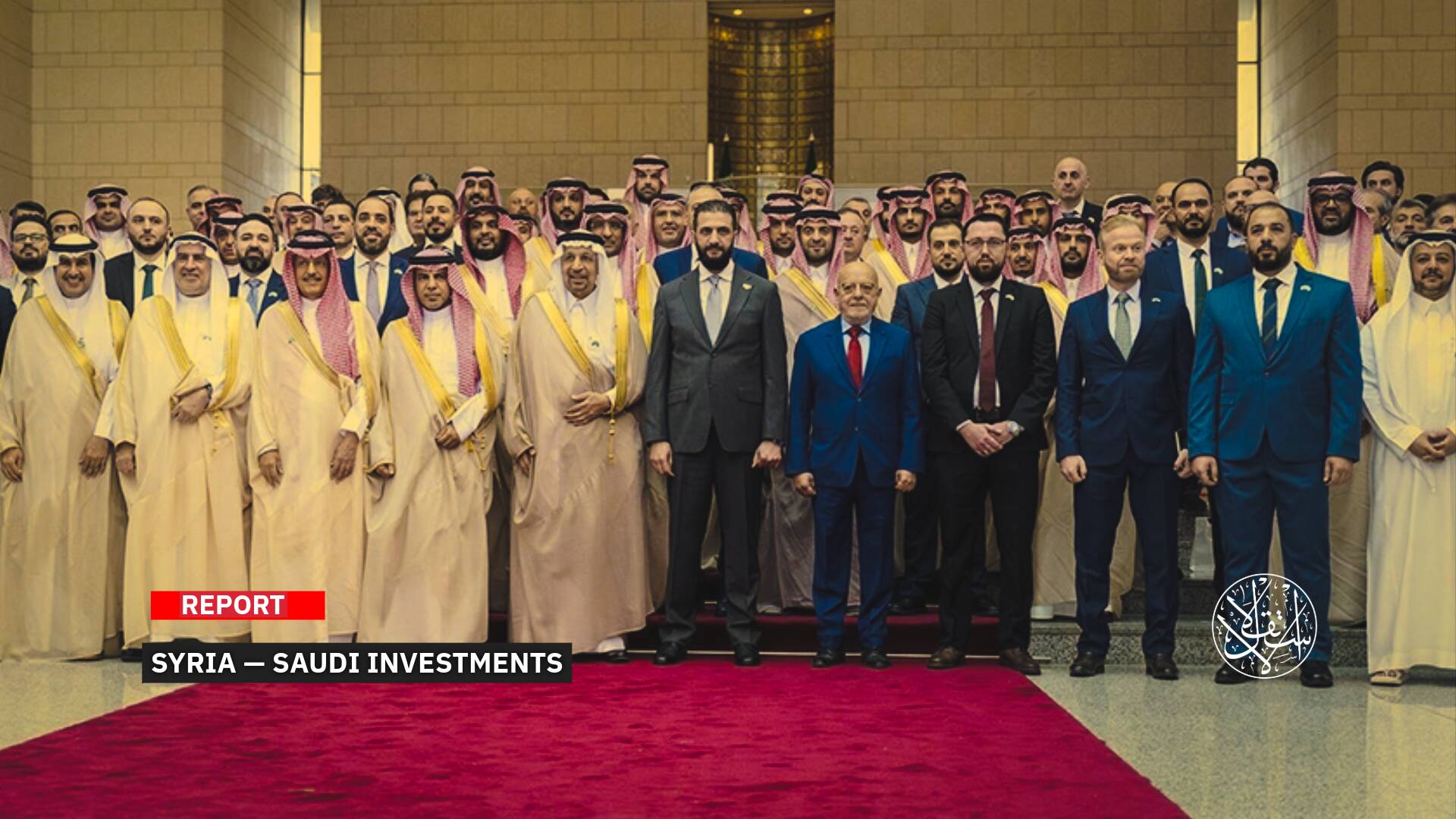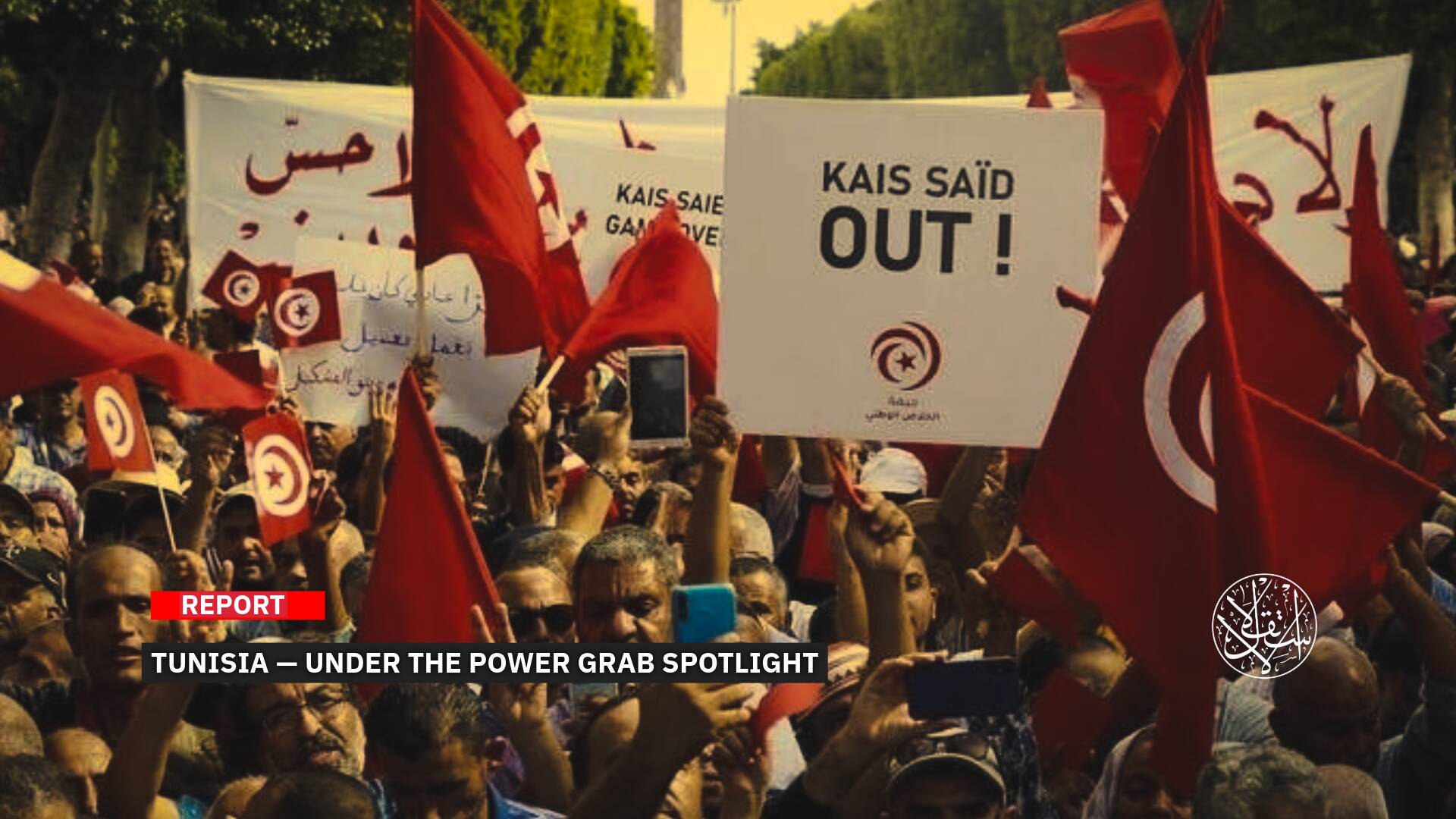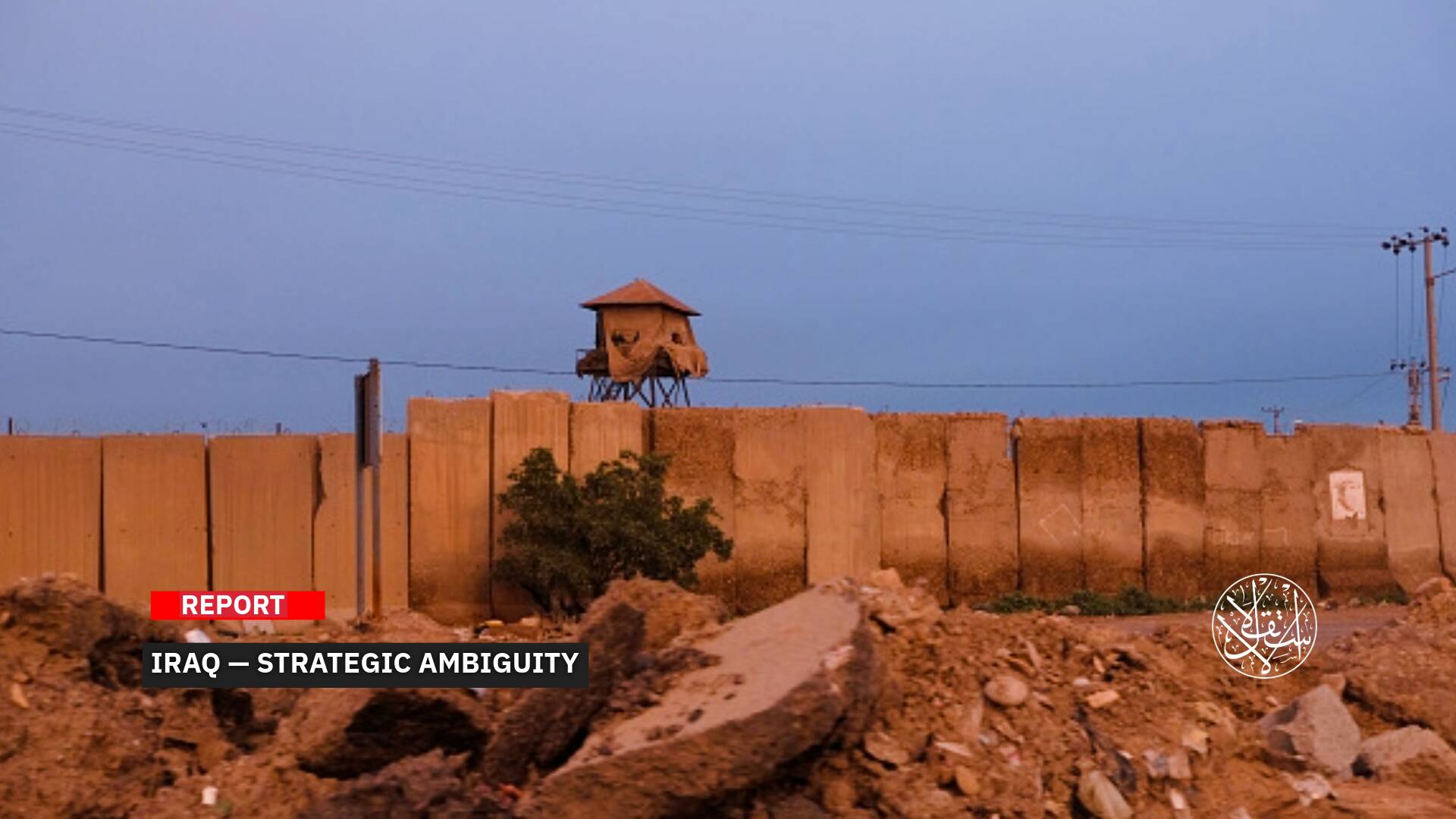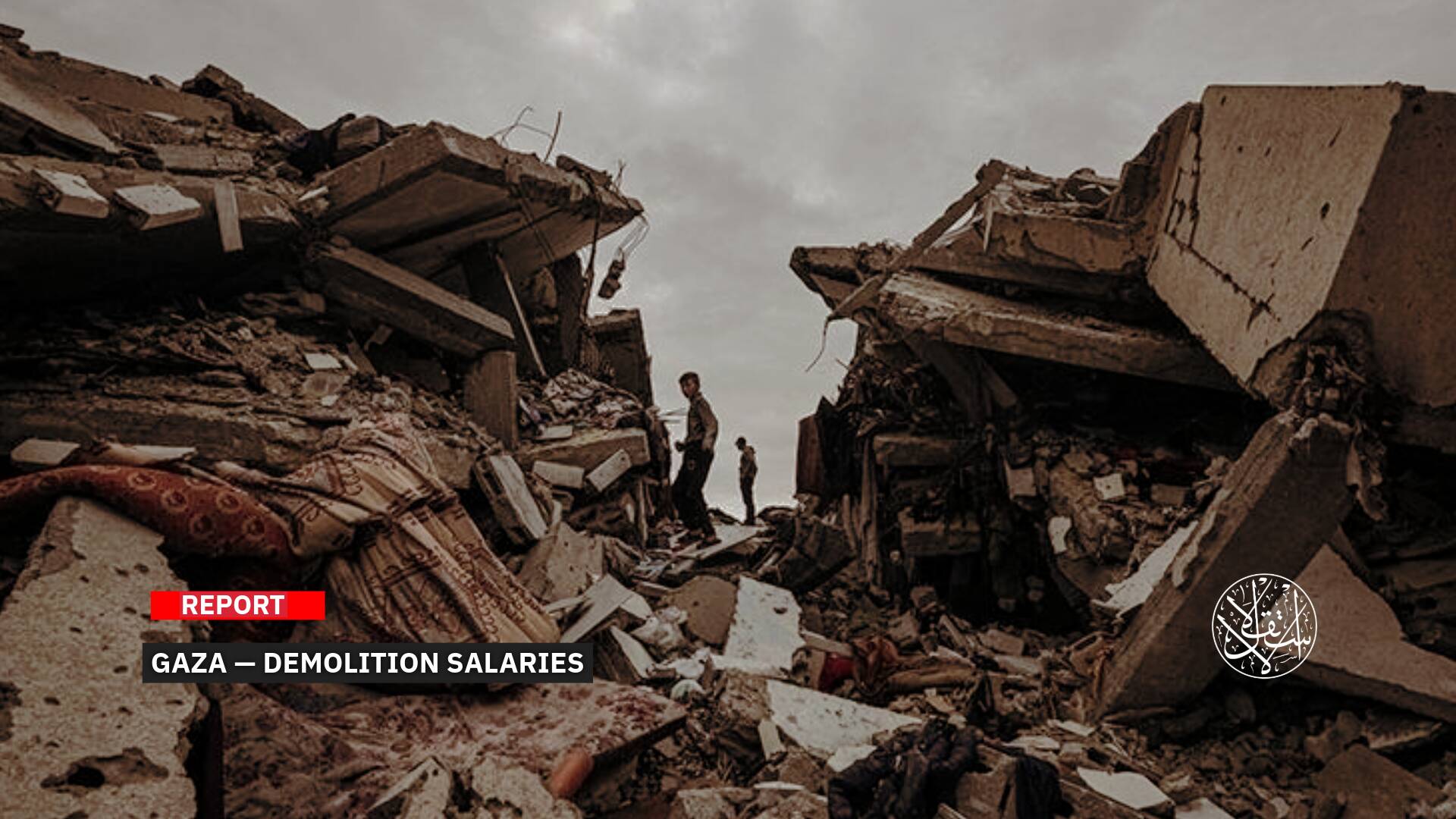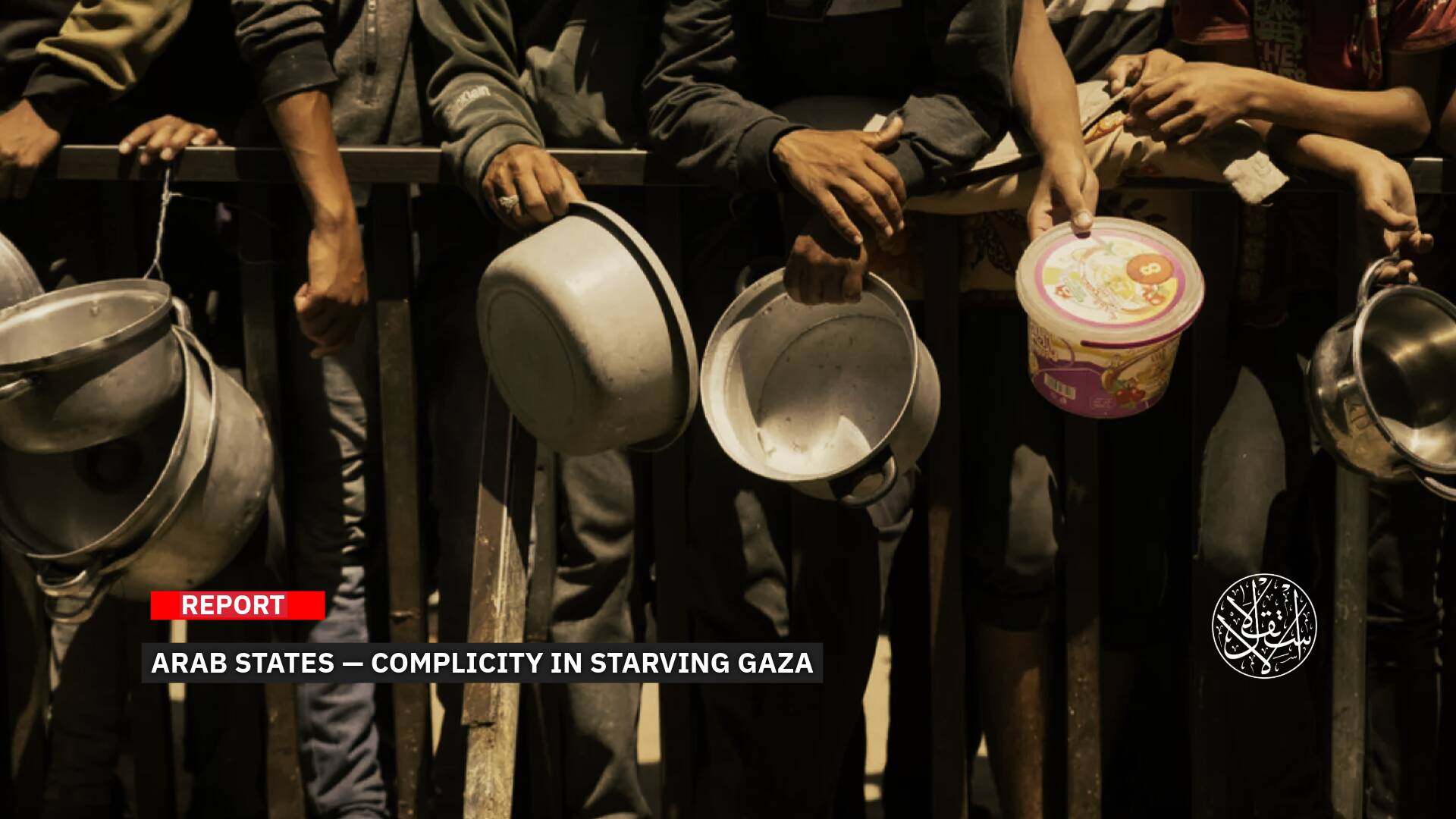Russian Newspaper: That's Why Erdogan Insisted on the Construction of Istanbul Canal
.jpg)
A Russian newspaper has highlighted the Istanbul Canal, Turkey's so-called “Bosphorus II” project, which will provide a large income for the country, especially since it will allow 185 ships to cross every day.
On June 26, 2021, Turkish President Recep Tayyip Erdogan officially laid the foundation stone for the first six bridges to cross the Istanbul Canal.
"This project is perhaps the most important for the Turkish authorities on the ground, as the possibility of its construction in the 16th century was discussed by Sultan Suleiman the Magnificent, and the famous engineer Ma'mar Sinan painted a canal project, however, for various reasons, its implementation has been repeatedly postponed," Said Rossiyskaya Gazeta.
"Five roads were considered to build the canal, and in the end they chose a route from Istanbul's Kuchuk Chekmja region on the Sea of Marmara, where the old Ataturk airport is located, via the Sazelder Reservoir and to The City of Doroso near Istanbul's new Black Sea international airport," the paper said in an article by Konstantin Volkoff.
Channel in Numbers
The new canal is about 45 kilometres long (while the Bosphorus is 60 kilometres long), at least 275 metres wide and 20.75 metres deep.
The canal will have a capacity of about 185 ships per day, or about 67.5,000 ships per year, with 43,000 ships currently passing through the "Real Bosphorus Strait."
"There are no precise figures on the cost of building the Istanbul canal, ranging from $13 billion to $20 billion, although Turkish authorities have officially adopted Erdogan's previous statement, in which he announced a cost of $13 billion," Volkoff said.
The strait is to be built in public-private cooperation, where part of the project's funding will be allocated from the State budget.
According to previously published calculations, the new Bosphorus Strait is planned to make a profit of about $8 billion annually, mainly compared to transit payments in the real Bosphorus.
It would be incorrect to compare it with the income generated by the operation of the Bosphorus, since most ships and boats pass through the Bosphorus free of charge thanks to the 1936 Montreux Convention on the Black Sea Strait, sometimes only paying guidance fees, medical services, navigation and rescue operations, while maintaining the infrastructure of this project costs a lot of money.
At the beginning of the construction of the canal, the Turkish authorities established the “Kanal Istanbul” website, promising to provide full and up-to-date information on the project.

Ongoing Agreement
The future canal provides the construction of container ports at the entrances to the canal by Al-Marmara and the Black Sea, as well as the construction of a logistics centre and a recreation area on the Black Sea, as well as the construction of luxury residences on the banks of the new canal.
According to rumors, sections along the channel's future route have already been purchased by prominent businessmen, including people from royal families in the Persian Gulf states to U.S. billionaire Bill Gates, according to the Russian writer.
Two modern "smart cities" are planned with low-rise buildings with a population of about 500,000. In addition, the new canal will be equipped with all the necessary infrastructure, such as wave barriers, piers, lighthouses, ship maintenance stations, etc.
As reported on the Kanal Istanbul website, the author uses the concept of "canal" in international law to refer to an artificially constructed waterway connecting two maritime areas.
Since the construction of the canal project is not a plan to completely eliminate traffic through the Turkish Straits (Bosphorus and Dardanelles), but only to bypass the Bosphorus, the rules of the Montreux Convention will continue to apply.
"Before or after arriving in Istanbul, ships will need to enter and pass through the Turkish Strait, so the Istanbul Canal project will not harm the Montreux Convention... This agreement will remain in force as long as Turkey continues to implement it carefully."
Criticism of the Canal
"The Turkish authorities said that more comprehensive research has been carried out in various fields, and the best solution for building the canal has been chosen while ensuring minimal damage to the environment, population and historical monuments," Volkoff said.
The authorities also responded to concerns from opponents of the new canal project that it would deprive Istanbul, with a population of more than 15 million, of adequate supplies of drinking water.

According to authorities, the Istanbul Canal will deprive the city of about 3 percent of the current volume of freshwater reserves, but the loss will be compensated after the construction of the new "Millen Reservoir."
"The project has caused many differences and disputes in society, and concerns are among the above-mentioned conflicts that because of the project, Turkey's largest city, Istanbul, will face a shortage of drinking water," the author said.
Experts are also critical of the high cost of building the canal at a time of long-term economic crisis, with the opposition suggesting that it is better to spend money on improving people's lives than on the strait.
"In addition, there are some doubts as to the compliance of the Turkish authorities with the provisions of the Montreux Agreement after the opening of the new channel, in particular in the dramatic letter of the retired Turkish Admiral, published in April 2021, as a result of which 10 admirals were arrested after the letter was published," Volkoff concluded.


